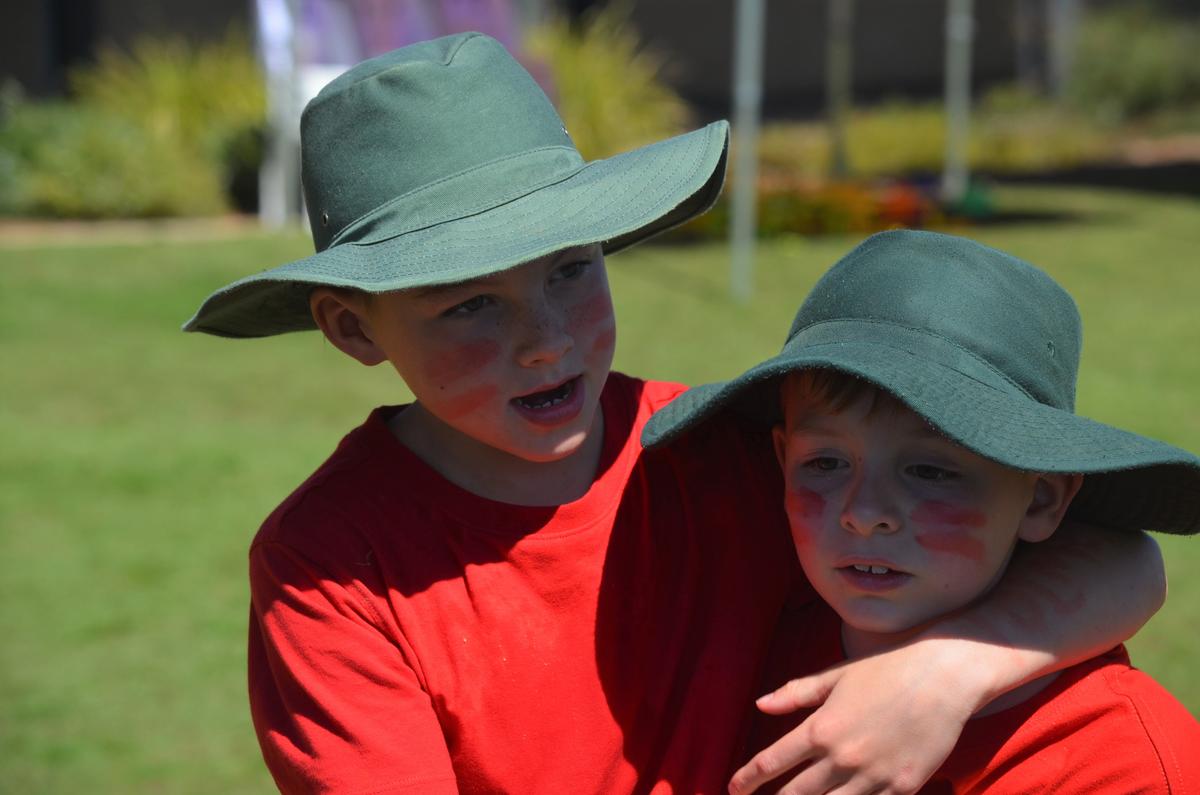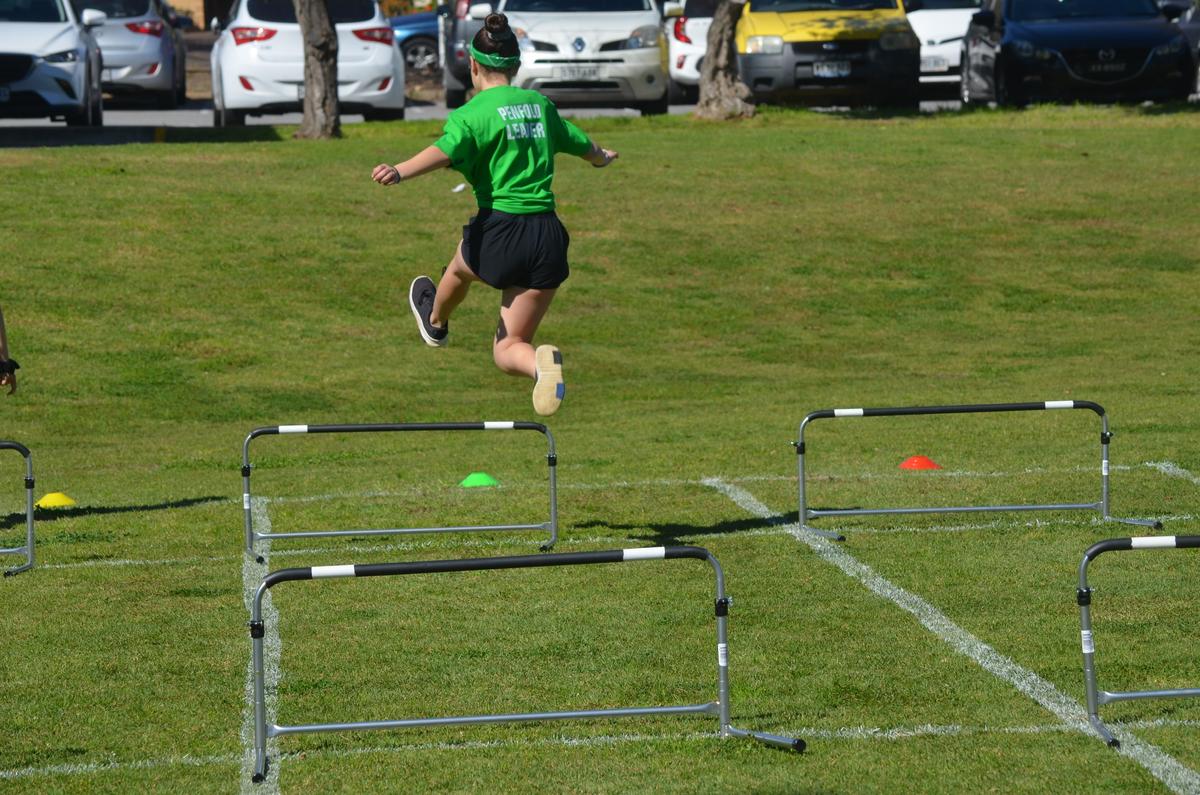Being Well at Magill

Sometimes you win and sometimes you lose. This is a saying we are all familiar with but not always rational about. With Sports Day less than a week away, I thought it might be useful to look at how we can support our children to be gracious: whether they win or lose.
Emotions are tricky to manage, they sneak up on us when we least expect them and it takes a lot of practice to recognize a pending big emotion and use strategies to manage them appropriately. Children need support from the trusted adults in their lives to learn these skills and to practice them.
- Talk to your child before playing a game or entering a race or competition. Ask them how they might feel or what they might say or do if they win, or if they lose? What about their friend or the other team? How might they feel? By having a conversation prior to the game or event you are preparing your child: outcomes are never certain. It gives them an opportunity to consider how they might respond if disappointed.
- No matter the outcome, effort should always be the focus of the conversation. Praise your child for their hard work, a skill they have been practicing, their sportsmanship, team work and so on.
- The desire to win at all costs can tempt a child to cheat. Talk to your child about fair play, giving everyone a go and why rules matter.
- We all know how good it feels to win or to see our footy team win the grand finale. Sports Day is no exception. Nevertheless, teaching our children to win graciously is an important life skill. Remembering our friends who are not on the winning team and congratulating them on their efforts, shaking their hand or giving them a high five, demonstrates good sportsmanship. It also helps prepare your child to remember how to be gracious the next time they lose and accept a hand shake that may come their way.
All of these strategies may seem insignificant. Individuals might think ‘I have tried this and my child still gets upset when they lose.’ Or, ‘Of course my child wants to win and I let them beat me at games because it builds their confidence.’ However, children who learn to manage their emotions appropriately are also more confident generally. No one likes to feel out of control. So: practice makes perfect. It takes time and practice to learn how to manage our emotions. Learning to be a good sport or gracious in loss is a life skill and requires a lot of brain power.
I've missed more than 9000 shots in my career. I've lost almost 300 games. 26 times, I've been trusted to take the game winning shot and missed. I've failed over and over and over again in my life. And that is why I succeed.
Have a great Sports Day everyone!
https://pathways.org/talking-child-winning-losing/Heading
Until next time, stay well.
Erica Teumohenga
Wellbeing Leader
KidsHelpline: 1800 551 800
Beyond Blue: 1300 224 636
Lifeline: 13 11 14









